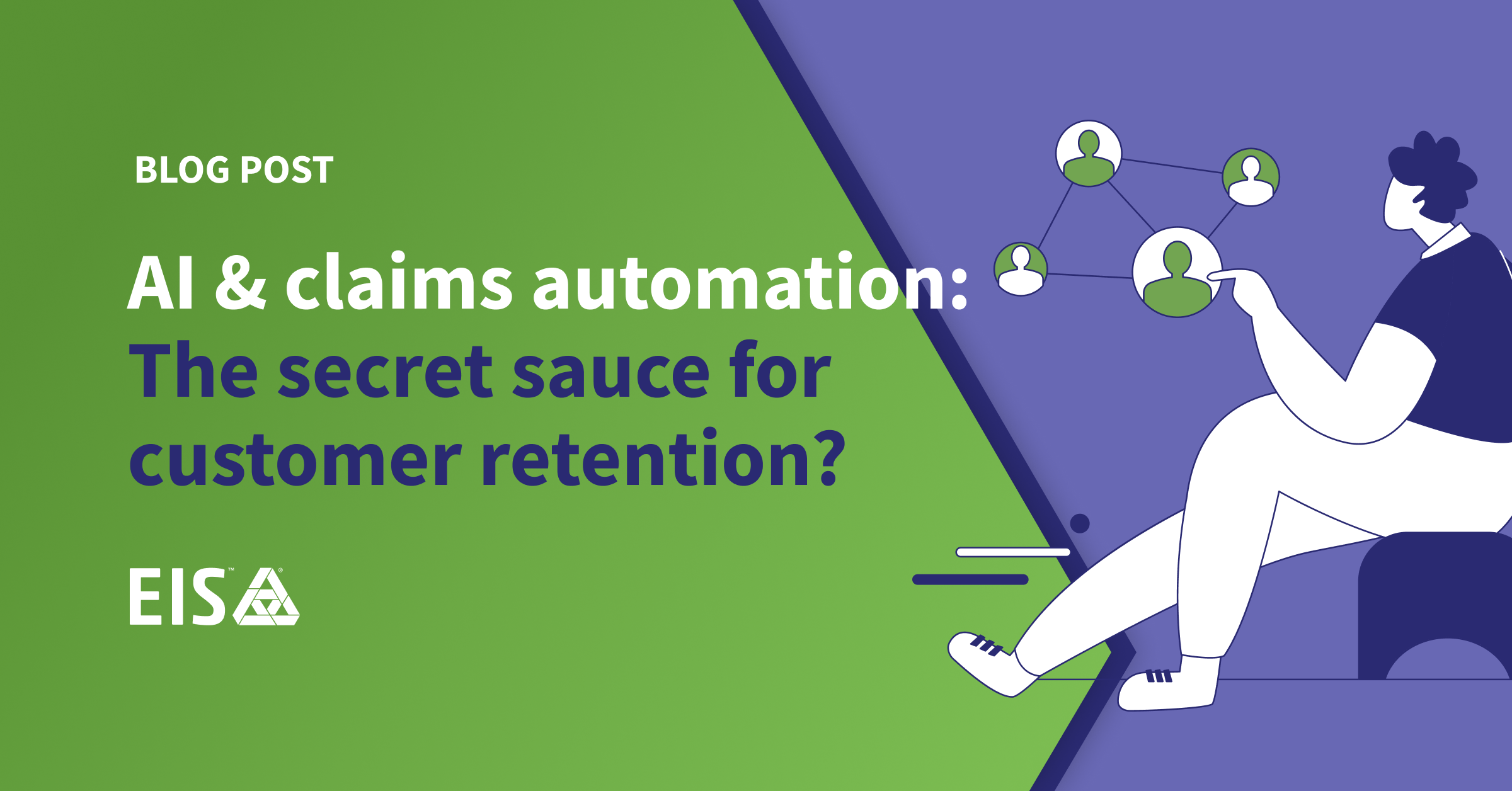Our acquisition of Metromile’s Enterprise Business Solutions (EBS) coincided with a recent report from Accenture and a spate of LinkedIn posts from insurance industry people complaining about recent claims experiences. All of which served as a reminder that, for many insurers, the customer experience is still a challenge when it comes to claims.
To help encapsulate the scale of concern, Accenture found that 31% of claimants were not fully satisfied with their home and auto insurance claims-handling experiences over the past two years. Among the top concerns were settlement speed (cited by 60%), followed by issues with the closing process (cited by 45%).
Not surprisingly, dissatisfaction with the claims experience is a primary reason customers switch insurers. According to the report, 30% of dissatisfied claimants said they had changed carriers in the past two years, and an additional 47% said they were considering it. Overall, unhappy consumers could represent as much as $34 billion in premiums annually and as much as $170 billion over the next five years.
AI and a range of solutions for improving the claims customer experience
From a more positive perspective: customer satisfaction is directly tied to customer retention, and technology can have a direct and positive impact on both.
Accenture found that 79% of surveyed claims execs believe automation, AI, and data analytics can add value across the entire claims value chain, “from flagging fraudulent claims to damage assessment and loss estimation, reserving, adjusting, processing optimisation, and subrogation,” the report says.
Further, Accenture found that 65% of insurers plan to invest $10 million or more in these technologies over the next three years, which implies bad news for laggards.
From my own experience, I can attest that AI can replace rules-based applications, which frequently require manual interventions, and introduce enormous efficiencies. And it just makes sense to leverage AI for decision making across the claims value chain, including fraud detection.
Plus, insurance carriers are inundated with structured and unstructured data. By leveraging AI and cloud-native technologies, carriers can better ingest, analyse, and instantly make better decisions, minimising overhead and, most importantly, offering claimants an improved customer experience.
While the Accenture report focuses primarily on the impact AI can have on improving claims, many other complementary technologies also can help insurers align with the claims value chain and make sure you’re responsive to customer needs.
Other opportunities include harnessing the right ecosystem of technologies to make it easier to collaborate with essential partners across the value chain, including third-party administrators (TPAs). Enabling more straight-through processing (STP) liberates adjustors, for example, to focus efforts on more-complex incidents.
All of which help improve the customer experience as well as overall satisfaction. But carriers’ interest in improving the claims experience is also a matter of healthy self interest. I look forward to continuing to solve root problems and demonstrate enhancements across claims operations and the customer experience.
Paul Wishman, EIS Senior Alliance Director (EMEA & APAC), is a transformational leader who constantly delivers results and finds innovative ways to improve performance and break new ground. He has a proven track record of founding successful start-ups and has turned around established businesses into industry-leading companies.
Want to learn more about EIS? Talk to us.




